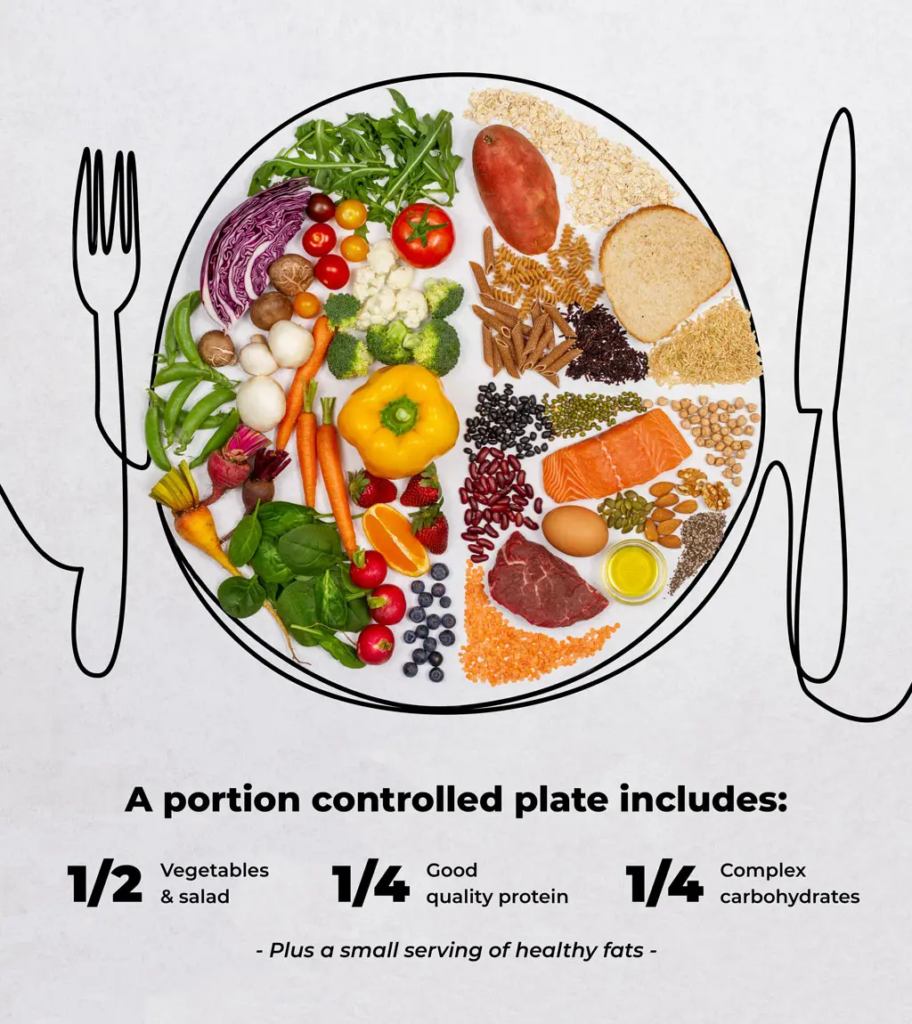Good Eating Habits
key notes :
Balanced Diet:

Explain that a balanced diet includes different types of foods: fruits, vegetables, grains, proteins, and dairy. Eating a variety helps the body stay strong and healthy.
Eating Regular Meals:

Encourage having three main meals (breakfast, lunch, and dinner) and healthy snacks. Skipping meals can make one feel tired and hungry.
Importance of Breakfast:

Breakfast is the most important meal, giving energy for the day and helping with concentration at school.
Hydration:
Drinking enough water is crucial for staying healthy. It keeps the body hydrated, helps digestion, and improves focus.
Limiting Sugary and Junk Foods:

Too much sugar and junk food can harm the body, causing low energy and affecting teeth. It’s okay to have them sometimes, but not too often.
Portion Control:

Eating the right amount of food for one’s body is important. Overeating or undereating can lead to health issues.
Chewing Food Slowly:

Encourage chewing food well to aid digestion. Eating slowly also helps recognize when the body is full.
Eating with Clean Hands:

Washing hands before eating prevents the spread of germs and keeps us healthy.
Avoiding Overeating or Skipping Meals:
Teach that it’s important to listen to hunger cues—eat when hungry and stop when full.
Positive Attitude Toward Food:
Enjoying a variety of foods and being open to trying new ones leads to better nutrition and fewer picky eating habits.
Let’s practice!

